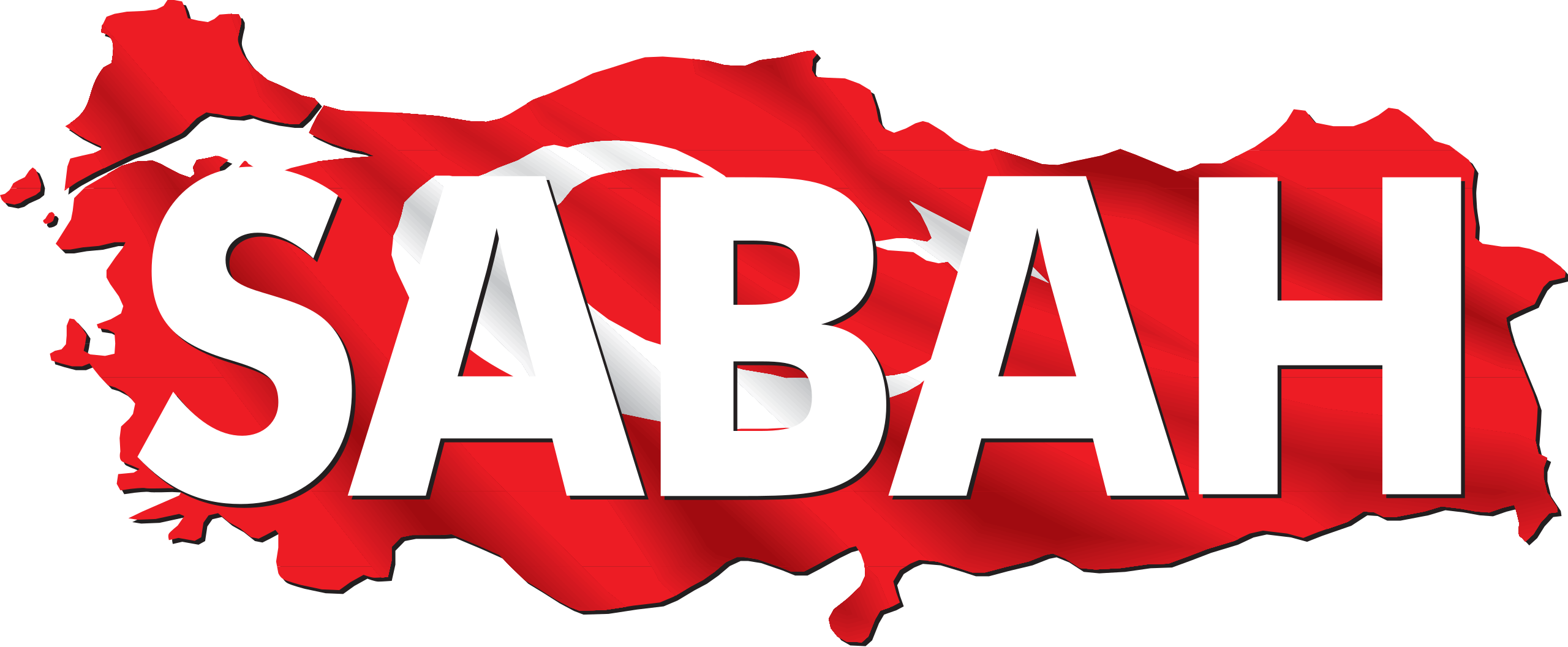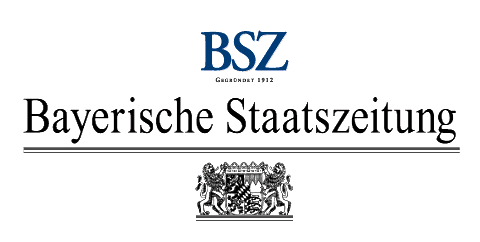WE WERE NEVER GONE
THE BLUEPRINT
This investigative theater performance is the first part of a trilogy and takes a look at the continuity of right-wing terrorist networks from the Munich Oktoberfest attack in 1980 to the NSU murder series.
"We were never gone" is a Southern German genre piece that uses the stylistic devices of the Italo-Western. "We Were Never Gone" examines recurring phenomena such as dead perpetrators, destroyed evidence, and surprisingly deceased witnesses that make a full investigation difficult. Like the Italo-Western, the play is politically incorrect, exaggerated and provocative. The classic motifs of the 1960s film genre are a frightened, morally decayed society marked by everyday racism, a corrupt sheriff with ties to the criminal milieu, and a protagonist driven by vengeance, self-interest, and greed who rebels against bourgeois society. "We Were Never Gone" underpins these classic motifs with research material from 1980 to the present.
"We Were Never Gone" is a performative "evening walk" through Munich: Munich as the former "capital of art and our movement," where the National Socialists held the first "Degenerated Art" exhibition. Munich as the scene of the Oktoberfest bombing in 1980. Munich as an international scene meeting place in the early 1990s. Munich as the site of the first "Brown House" after 1945. Munich as the stage for British Holocaust denier David Irving. Munich as the scene of the foiled Wiese Group attack attempt. Munich as the hometown of the Danubia fraternity. Munich as the scene of two murders attributed to the NSU (National Socialist Underground) terror cell. The text of "We Were Never Gone" is a provocative collage of right-wing extremist quotes, which are intercut with original sounds from the NSU complex, publications by state and constitutional protectors and much more.
The evening focuses on the relationship between the right-wing scene and the security authorities. The piece exposes Neo-Nazi ideas as well as ideological and personal continuities of right-wing networks. It questions the single perpetrator theory repeatedly formulated by law enforcement officials and addresses the decades-long use of undercover agents in leadership positions of right-wing extremist organizations, where they often acted as fire accelerators.
In the process, "We Were Never Gone" identifies authoritative structures in the old federal states. In addition, the play sharpens the audience's perception in order to counter everyday racism, which has become socially acceptable again due to AfD, Pegida and Thilo Sarrazin's "Germany is abolishing itself".
Photos
Reviews

„Mudra und ihrem Team gelingt es, gerade durch die Einbettung in das skurrile Krimi-Western-Setting, die ohnehin schon erschütternden einzelnen Tatsachen zusammenzudenken. (…) Ein absolut lohnendes, mutiges Projekt, das den politischen Skandal nicht zur eigenen Profilierung nutzt, sondern das ganz einfach und zunehmend verzweifelt um die Wahrheit kämpft.”
NACHTKRITIK, 24. JULI 2015
„Dass Mudra deren Worte Figuren in den Mund legt, die aus den Italo-Western Sergio Leones (…) stammen könnten, ist ein raffinierter Kunstgriff, der (…) die Drastik der Morde, aber auch die teils skandalöse Rolle der Staatsschützer verdeutlicht. (…) Bedingt durch die kühne Italo-Optik gelingen (…) atemberaubende Bilder. (…) Die Recherche erreicht eine beeindruckende Tiefe. Die Darsteller spielen zum Niederknien intensiv. Die Szenen sind klug und witzig arrangiert.”
MÜNCHNER MERKUR, 24. JULI 2015
„Wir waren nie weg entpuppt sich als Stück, das als Western verkleidet eine ganze Reihe von Ungereimtheiten im Umgang der deutschen Behörden mit rechtsextremen Gewalttaten aufdecken will. Klingt nach einem gewagtem Spagat, doch der funktioniert. (…) Ein erhellendes Theaterexperiment.”
SÜDDEUTSCHE ZEITUNG, 24. JULI 2015

Deutschland. In München wurde der Rechtsterrorismus im Theaterstück „Wir waren nie weg“ behandelt. Christiane Mudra zeichnet für das (…) Schauspiel verantwortlich, das Terrorakten von Neonazis seit 1980 auf den Grund geht.
Das in Form eines Westerns inszenierte Stück thematisierte das Oktoberfestattentat wie die NSU Morde und bot dem Publikum die Gelegenheit, sich unter freiem Himmel aktiv am Geschehen zu beteiligen. (…) Unter die Zuschauer mischte sich ein Rechtsextremist, (…) der gezielt eingeschleust worden war, um Reaktionen der Zuschauer zu provozieren. Zu Beginn des dreieinhalbstündigen Abends wurden Blumen an den Gedenkstätten der NSU- Morde und des Oktoberfestattentats niedergelegt.
SABAH, AUSGABE TÜRKEI, 10. AUGUST 2015

„Christiane Mudra verbindet Fakten, Originalzitate von Behörden und Westernoptik so raffiniert, dass es einem – trotz sommerlicher Hitze – immer wieder eiskalt den Rücken herunterläuft. Ihr Stück ist manchmal schwer auszuhalten. Denn es ist eben nicht nur Theater. Hier werden reale Morde verhandelt.”
BR ZÜNDFUNK, 23. JULI 2015

„Regisseurin Christiane Mudra zeigt bisher weitgehend unbekannte Zusammenhänge auf. … „Das war kein Theater, sondern die Wahrheit“ … „Wir können durch Mudras Stück lernen, wie Dinge zusammenhängen, die nicht gesehen werden oder nicht gesehen werden wollen“ betont der Journalist und Autor Ulrich Chaussy.“
BAYERISCHE STAATSZEITUNG, 31. JULI 2015
“Vor uns liegt die Wiesn. Bierzelte werden aufgebaut, Marstall, Schottenhammel, Bräurosl. Heile Münchner Gemütlichkeit. Bis es 1980 damit vorbei war. Neben dem Eingang rostet seitdem ein Denkmal für die Opfer des Oktoberfestattentats vor sich hin. Platzer, Schiele, Vestner, zwölf Namen. Das beachtet sonst niemand, aber heute ist es anders. Genau das ist das Verdienst des Stückes Wir waren nie weg der Regisseurin Christiane Mudra: Zeitgeschichte an realen Orten zum Leben zu erwecken und den Zuschauer so tiefer zu berühren, als es ein Medienbericht oder ein Buch können.”
TAZ - 24. JULI 2015

„Wir waren nie weg“ fordert die Zuschauer auf, Schauplätze rechter Mordtaten wahrzunehmen und den Wunsch nach Aufklärung nicht aufzugeben.”
„Zufälle, Phantome, Verstrickungen- das kann nicht wahr sein! (…) Eine Räuberpistole, die man keinem Drehbuchautor abkaufen würde…Man ist schwer beeindruckt von dem Furor und dem Witz, mit dem Mudra und ihr Team das Denken in Bewegung gebracht haben.“
ABENDZEITUNG, 28. JULI 2015
„dokumentarisch, künstlerisch hervorragende Inszenierung. (…) Eine Teilhabe kann in jedem Fall nur empfohlen werden.”
THEATERKRITIKEN.COM, 23. JULI 2015
„Hochpolitisches Straßentheater: (…) Der actionreiche Abendspaziergang beginnt an der dichtbefahrenen Trappentreustraße, Hausnummer 4, wo Theodoros Boulgarides am 15. Juni 2005 mit drei Kopfschüssen getötet wurde (…). Keine halbe Fußminute entfernt befand sich eine Wohngemeinschaft, in der zeitweise der Neonazi Martin Wiese gelebt hatte, der 2003 wegen eines geplanten Anschlags auf das jüdische Gemeindezentrum verhaftet (…) worden war. (…) Neben den Leistungen sämtlicher Schauspieler steckt eine beachtliche Organisationsleistung in dem Stück, das an der Mehrzahl der Schauplätze von einer Klezmer-Band begleitet wird und in einem früheren Neonazitreff in der Herzog-Heinrich-Straße zum Umtrunk beim »Dienstleister der Demokratie« einlädt. “
JUNGE WELT, 28. JULI 2015
360° Trailer, 2016




